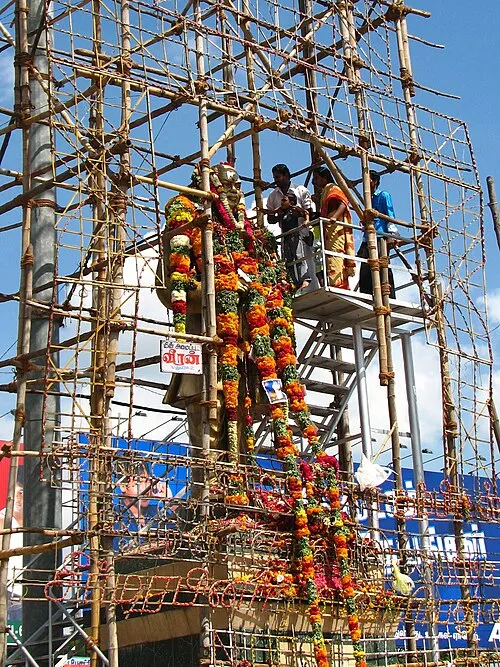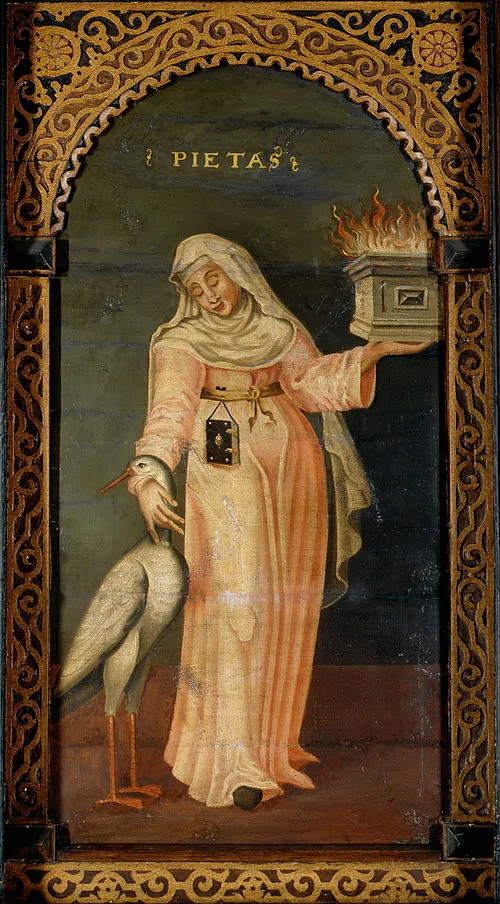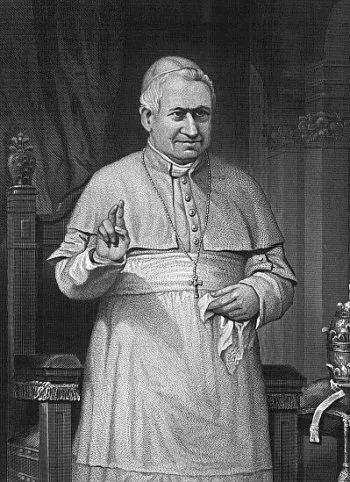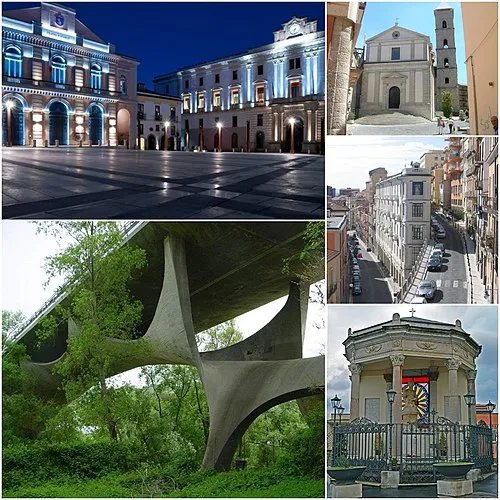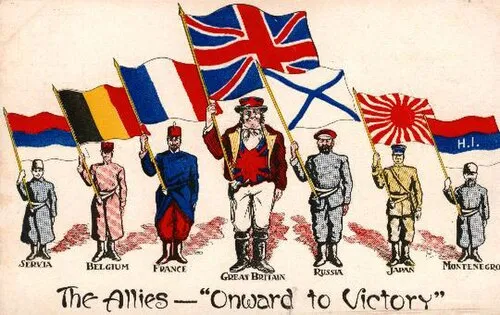
Commemorating the Anniversary of the Declaration of the Slovak Nation
The Anniversary of the Declaration of the Slovak Nation holds a significant place in Slovakia's rich history and cultural identity. Every year on January 21, Slovaks around the world reflect on the events leading to this momentous declaration made in 1848, which set the stage for the nation’s pursuit of self-determination and independence.
The Historical Context
Set against the backdrop of the 19th-century European revolutions, the Declaration of the Slovak Nation emerged during a time of great upheaval and change. The rise of nationalistic movements across Europe inspired Slovaks to seek their place among the nations.
The declaration itself, championed by notable figures such as Ľudovít Štúr, not only emphasized the Slovak language but also asserted the need for political autonomy and cultural rights. This was a pivotal moment for Slovaks, who had long been under the rule of foreign powers, primarily the Austro-Hungarian Empire.
Significance of the Declaration
The Declaration of the Slovak Nation represented more than just a call for self-governance; it was a revival of Slovak identity, culture, and language. It catalyzed the Slovak national movement and laid the foundation for future political developments:
- Language and Culture: The declaration played a crucial role in the standardization of the Slovak language, promoting it as a symbol of national identity.
- Political Autonomy: It served as a rallying point for those advocating for political rights and autonomy, foreshadowing the eventual push for independence that would be realized in the 20th century.
- National Unity: The event united Slovaks from various regions, fostering a sense of camaraderie and shared purpose among the populace.
Modern Celebrations
Today, the Anniversary of the Declaration of the Slovak Nation is celebrated with various events that highlight Slovak culture, history, and heritage. Schools organize educational programs, while communities host cultural festivals featuring traditional music, dance, and food.
In major cities like Bratislava and Košice, public gatherings are often held, where speeches and discussions about the importance of the declaration and Slovak identity take center stage. These celebrations are not just a reminiscence of the past; they serve as a reminder of the importance of unity and cultural preservation in an ever-changing world.
Continuing Legacy
The legacy of the Declaration of the Slovak Nation continues to resonate with new generations. It reminds Slovaks of the struggles and triumphs of their ancestors in the quest for autonomy and identity. As Slovakia navigates challenges in the contemporary landscape, the principles enshrined in the declaration remain relevant, emphasizing the values of freedom, equality, and self-determination.
Conclusion
The Anniversary of the Declaration of the Slovak Nation is more than just a date on the calendar; it is a time for reflection, learning, and celebration. As the country continues to grow and thrive, the shared history rooted in this declaration serves as a bedrock for future generations, encouraging them to honor their past while forging a vibrant and inclusive future.


